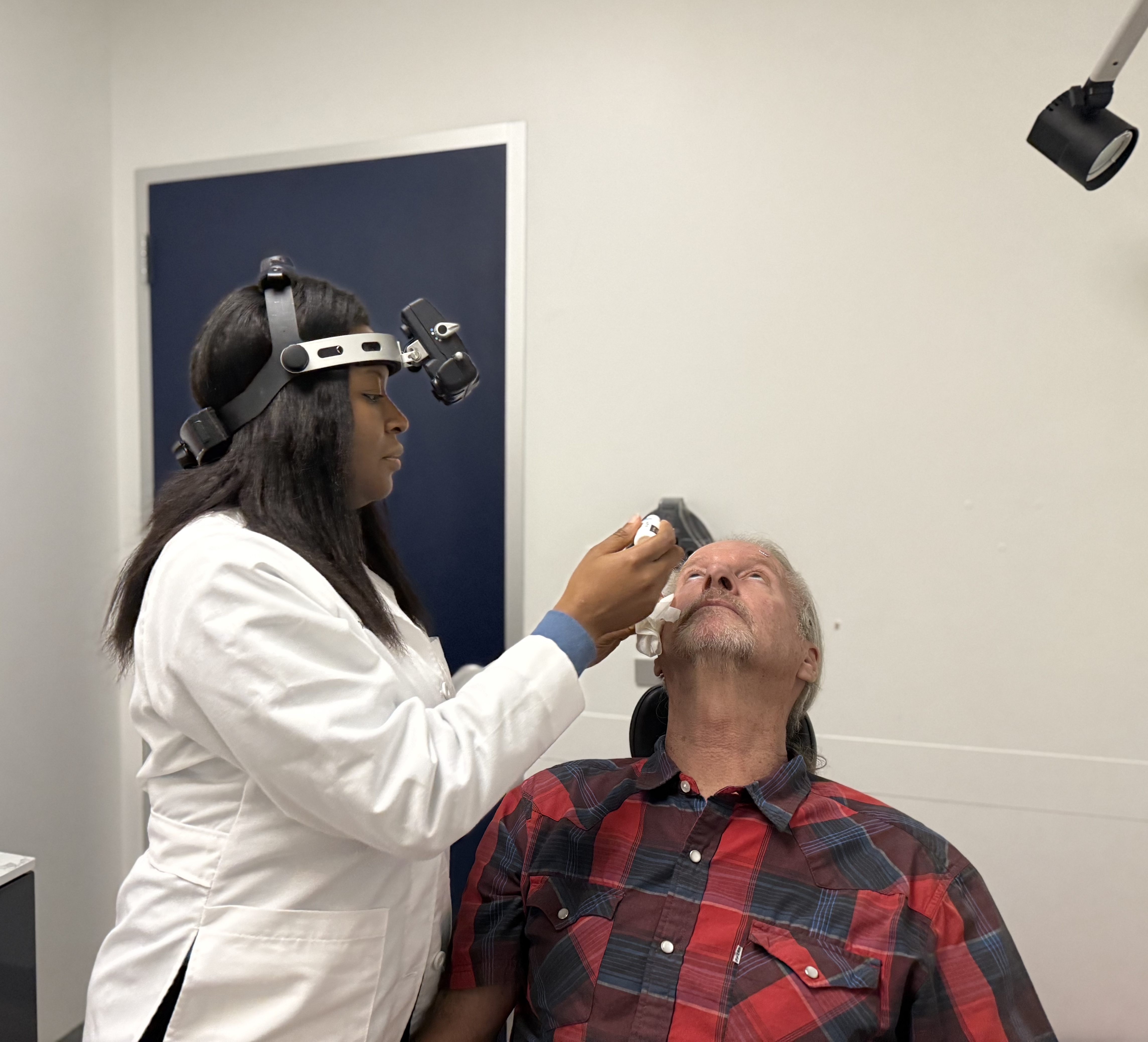Spotlight on Ocular Trauma

Each year, more than 2.5 million Americans suffer from ocular trauma, or a serious eye injury. Sadly, around ten percent of those will result in permanent vision loss.
Ocular trauma may cause damage to the outer protective part or the delicate inner tissues of the eye.
Ocular traumas are often characterized as either blunt (such as a ball or punch hitting the face), or penetrating (when something foreign and sharp enters the eye, like shards, splinters or even an entire object in extreme cases, a nail or pencil for example).
Both instances could seriously impair vision and result in issues like a retinal detachment, glaucoma, cataracts, infection or uveitis.
It is always important to seek medical help right away following an eye injury to prevent vision loss. At Austin Retina Associates, our team of board-certified retinal specialists are highly experienced in treating conditions that stem from ocular traumas.
When should you see a doctor following an eye injury?
Board-certified retinal specialist Dr. James Dooner says that you should see an ophthalmologist after trauma involving “any high velocity injury to the eye”. Usually there are vision changes associated with trauma but this can be delayed in certain scenarios such as with hammering when a small piece of foreign material enters the eye. Delay in treatment in these cases can result in devastating vision outcomes from infections. Blunt trauma too can have minimal vision issues initially but can lead to retinal detachments later.
“Even if you think there’s nothing wrong, get checked out,” he urges.
Never rub your eye if you feel you have something lodged in it or try to remove it yourself, as that may cause further damage. Dr. Dooner suggests placing a clean cloth or taping the bottom part of a cup gently over your eye if there’s an obvious foreign body lodged in the eye until you can get help.
Symptoms that may indicate you have a serious eye injury and need to see a doctor include:
- Swelling, redness or irritation in or around the eye
- Bleeding of the white part of the eye
- Dilated pupils
- Impaired vision or floaters
A board-certified retinal specialist or ophthalmologist can use special diagnostic tools to thoroughly examine the retina and inner layers of the eye to determine the severity of the injury and plan for the best treatment.
How is ocular trauma treated?
Depending on the severity of the injury, some cases of ocular trauma may require immediate surgery to repair the eye (like with a detached retina) in order to prevent vision loss.
Treatments to repair retinas or help heal ocular trauma might include:
- Removal of the foreign body in the operating room, usually with vitrectomy
- Laser surgery, or photocoagulation for retinal tears
- Scleral buckle, a snug fitting to reattach the sclera to retina
- Anti-inflammatory or antibiotic medications
How can you prevent ocular trauma?
Dr. Dooner says the best way to prevent an eye injury is to wear safety glasses for any house or outside work involving drilling, hammering, grinding or chemicals. Sports goggles are essential when participating in any sport using a ball or puck or if playing outdoors and there are harsh elements present like snow, ice, sand, or dust.
Consult with a Retina Specialist Today
Austin Retina Associates treats a wide range of retinal conditions. Our experienced team of retina specialists in Austin are dedicated to improving your vision and quality of life.
Contact us at 800-252-8259, or request an appointment online at one of our retina treatment centers located in Austin and throughout Central Texas.
For the latest Austin Retina news, visit our blog or follow us on Facebook and Instagram.

